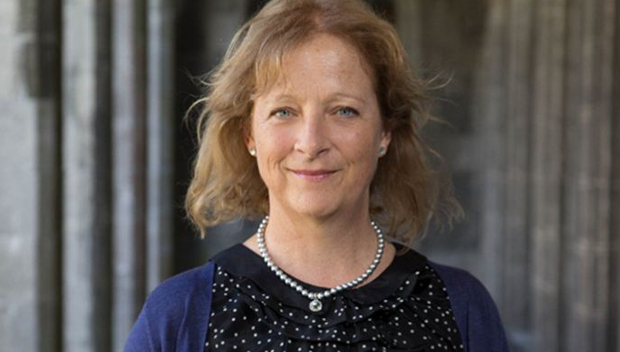
NUI Galway MS project secures €3.9m EU funding
he Multiple Sclerosis Research Lab Galway Neuroscience Centre at NUI Galway, Curam, the Science Foundation Ireland Centre for Research in Medical Devices, have secured €3.9 million in EU funding to lead an international consortium of researchers to develop devices for the treatment of Multitiple Sclerosis (MS).
The researchers will be aided by academics from Denmark, Germany, Belgium, France, Italy, Spain and the Czech Republic.
MS is the most common neurological disease to affect young adults and there are currently approximately 8,000 people in Ireland suffering from the disorder.
The disease usually has two phases, an early ‘relapsing remitting’ phase, during which sufferers undergo impairment, such as double-vision or limb weakness, followed by symptom dissipation for a period.
A second phase, termed ‘progressive MS’ is degenerative, when individuals experience deteriorating symptoms, frequently resulting in much-reduced mobility, increased fatigue and cognitive challenges.
These worsening symptoms impair quality of life significantly, and in some cases, can lead to an inability to continue in full-time employment or to work at all. There is a plethora of treatments, or disease-modifying therapies, which can help dissipate the many debilitating symptoms of MS during the earlier part of the disease. Unfortunately there is only one disease modifying therapy, Ocrelubzimab, which is approved for treating the progressive and degenerative phase but is only suitable for a subset of patients.
This research programme will combine expertise in biomaterials, neuroimmunology, stem cell biology, neurological disease, biomarkers, computer modelling of cerebrospinal fluid flow and medical device design.
Dr Una Fitzgerald, principal investigator of the Multiple Sclerosis Research Lab and director of the Galway Neuroscience Centre at NUI Galway, said: “This award is a huge boost to our multiple sclerosis research efforts here at NUI Galway. By combining our university’s expertise in MS, biomaterials, medical devices and fluid dynamics and computer modelling with that of our partners across Europe, this project could yield PhD graduates who are MS experts and who have helped pioneer a new medical device that could eventually help those suffering from the later stages of MS.”
This project has been funded by the European Union Horizon 2020 Programme under the Marie Skłodowska-Curie Initial Training Network and Grant Agreement.
TechCentral Reporters







Subscribers 0
Fans 0
Followers 0
Followers